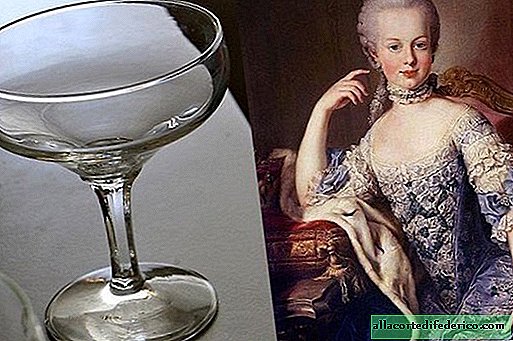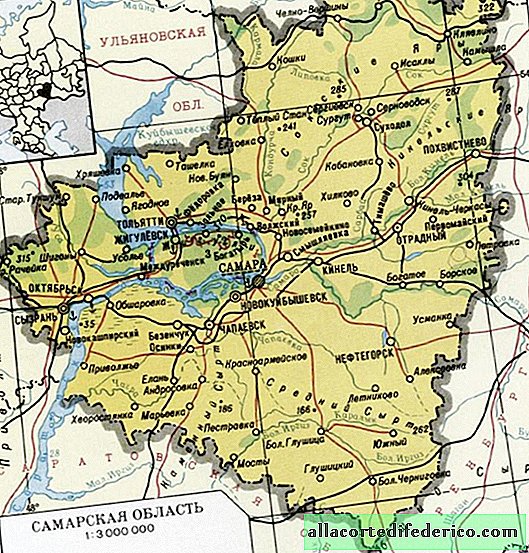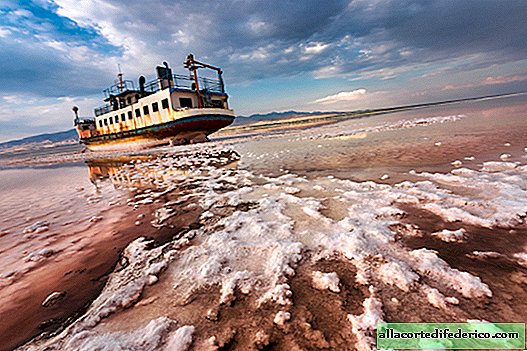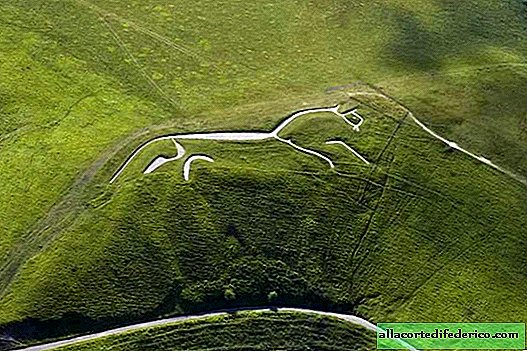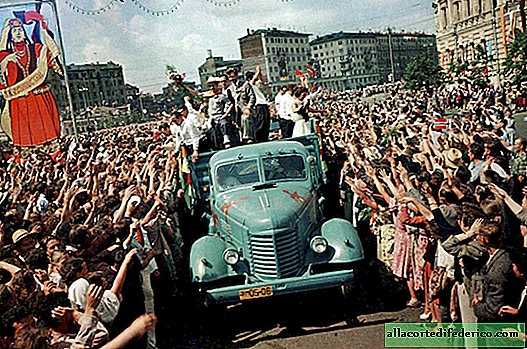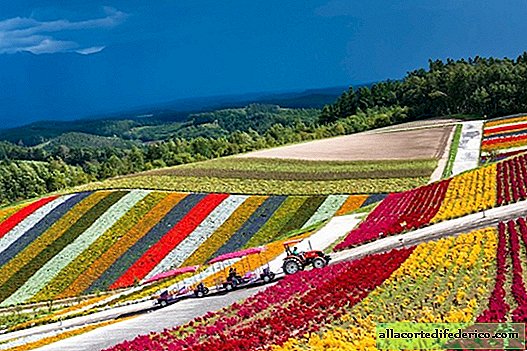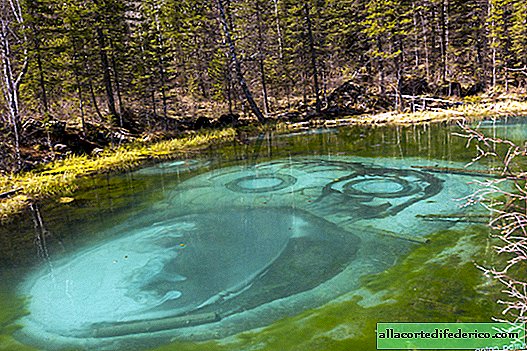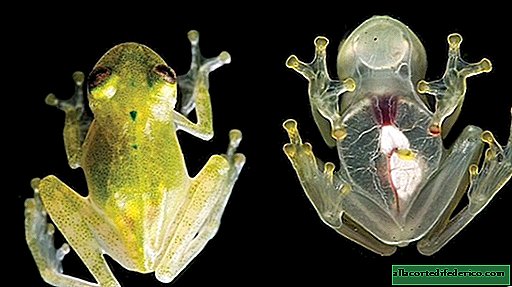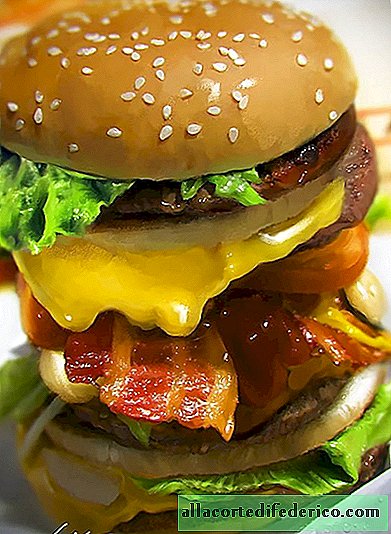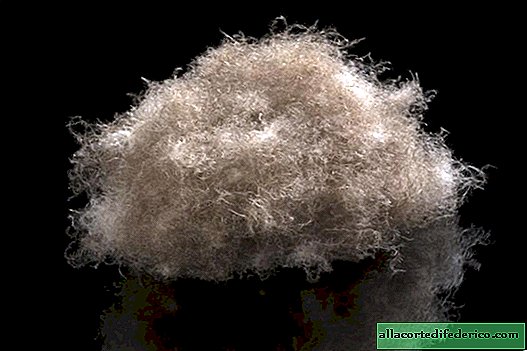How to make handmade soap in Palestine
The Palestinian city of Nablus has long been known for creating soap from olive oil. According to historical information, soap production has existed in this city since about the 14th century.
At the moment, only two factories remain. The Toucan factory is the oldest remaining in this once-famous industry, and despite being in the 21st century, the factory continues to use traditional soap production methods.
The Tukan family factory has been operating in the old building, located at the entrance to the old city of Nablus, for over 100 years.

The Toucan family arrived in Palestine in the 16th century from Syria and soon became one of the most famous families of Nablus.

Soap production from olive oil begins with mixing the ingredients for several days in large round "cooking" tanks. The dried olive oilcake remaining after squeezing the oil from the olives is used as fuel for the furnaces on which the soap is cooked.

After preparation, the liquid soap is poured directly onto the cold stone floor of the factory and left to cool. As it hardens, the soap is cut with a special knife to get the same bars of soap. After that, each bar is stamped with the emblem of the family.



After cutting, the soap is placed in small rectangular towers and left next to large arched windows for the next stage of the drying process.

All the workers at the Toucan factory are members of the Nablus families who have long been involved in soap production in Palestine.

At the final stage of the drying and storage process, pieces of soap are placed in large conical towers, traditional for this production. The shape of the tower allows you to dry each individual bar.

The logo that stamps each bar of soap was first registered in 1930.

Each individual bar of olive soap is wrapped in paper by hand.

The entire drying process can take a month or more, depending on the time of year and environmental conditions.

Although Nablus soap has long been widely exported throughout the Middle East and Europe, today the main markets are in Palestine and the adjacent Arab regions, although this soap can be found on sale in some stores in Europe and the United States.

Along with Nablus, the Lebanese city of Tripoli was also famous for the historical production of high-quality soap from olive oil.

The Toucan factory only produces traditional soap with olive oil, which is odorless.



